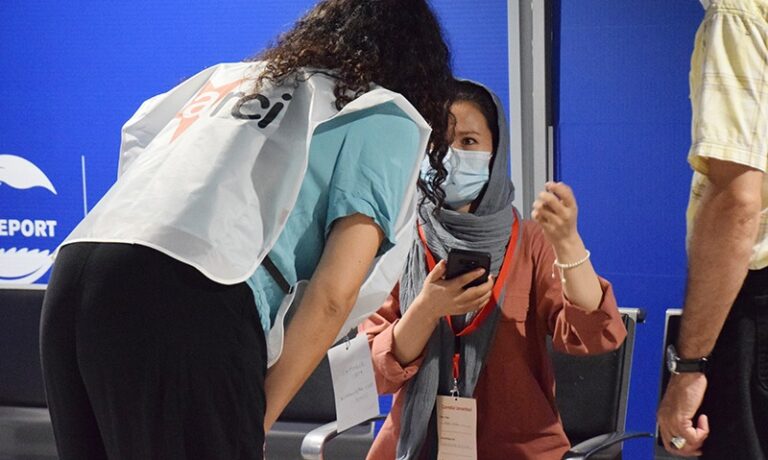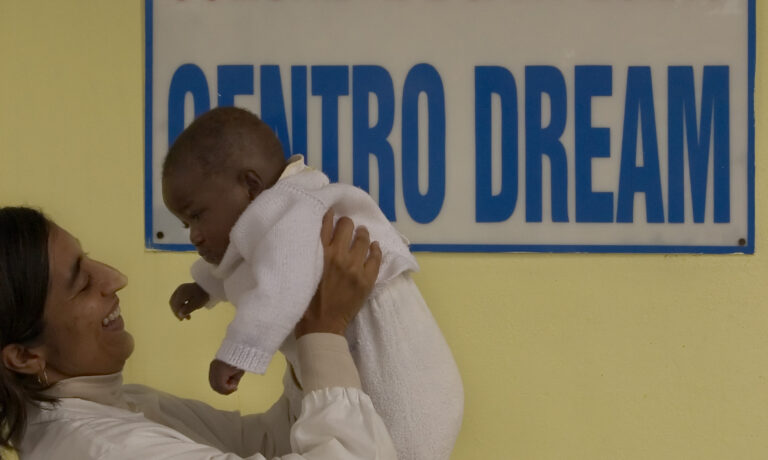In&Aut. A lavoro per l’inclusione – Phase II
The project is implemented in Lombardy, in Baranzate (Metropolitan City of Milan) and other northern Milanese municipalities, in contexts characterized by socio-economic vulnerability.
Starting date
1 June 2024Duration
24 monthsRealized by:
Associazione La RotondaObjectives
Increase the resources, skills, and opportunities for NEET youth with severe physical and/or mental vulnerabilities. Provide personal growth support, motivation, and tailored potential exploration through psychological support and individual motivational interviews.
Raise awareness among private, public, and economic stakeholders about the employment of NEETs with physical and/or mental disabilities, whether temporary or permanent. Sensitize the public and private sectors by utilizing accurate data, in-depth case studies, and replicable best practices, thereby fostering virtuous cycles of inclusion.
Support young beneficiaries in active job searching and professional skills enhancement. Provide training on workers' rights and responsibilities, union protections, contract types, and related documentation, as well as individualized job search tutoring that considers their vulnerabilities and potential disabilities.
To continue the intervention initiated in 2021, the project “In&Aut: Working for Inclusion – Phase II” aims to increase the resources, skills, and opportunities for conscious entry into the workforce for NEET youth with severe physical and/or mental vulnerabilities in the northern Milan area (Baranzate and surrounding areas), many of whom live in poverty.
Economic hardships impact children and adolescents the most, putting them at risk of material and educational deprivation in a social context where the skills and knowledge required in the job market are increasingly demanding, and the risk of exclusion is ever more frequent.
For individuals facing multidimensional poverty, educational and socio-economic vulnerability is compounded by psychological distress and physical and mental disabilities. In such cases, employment becomes an almost unattainable goal.
The project seeks to address an institutional gap: those excluded from the labor market due to unrecognized temporary or permanent vulnerabilities (such as educational poverty, economic and mental distress, violence, depression, worsened by the COVID-19 pandemic) are joined by young people with recognized disabilities, who nonetheless struggle to find and maintain stable employment. In Italy, less than 1 in 5 people with disabilities are employed, with the rate rising to 99% for those with autism. Additionally, ISTAT data indicates that corporate sensitivity toward diversity—whether related to gender, religion, nationality, ethnicity, or disability—remains very weak.
In a medium-to-long-term intervention strategy, the project will improve the employment prospects of the beneficiaries by working on two fronts: enhancing the personal and professional skills of the youth and raising awareness among public and private stakeholders. The intervention will take a multidisciplinary approach, integrating educational and psychological support to help beneficiaries achieve autonomy in various aspects of their lives.



